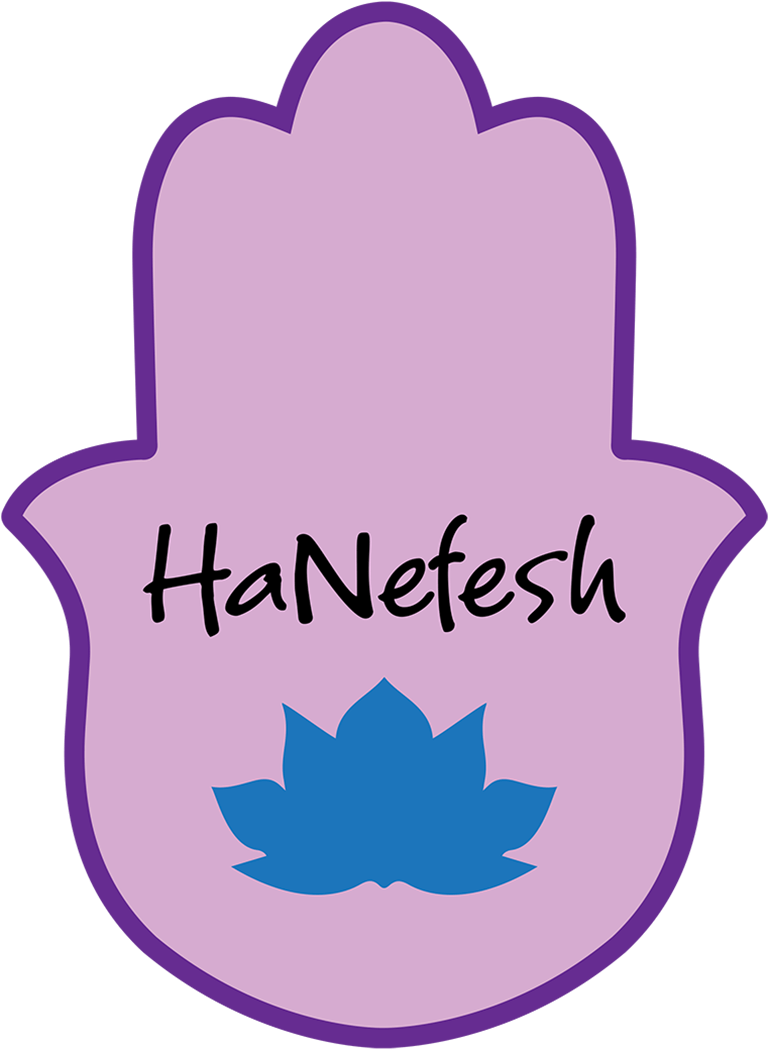Last weekend, we did a thing…we planted a garden. We started with some grow bags and then a trip to a nursery for vegetable plants we knew we would like to eat. Admittedly, we could have bought a lot of vegetables for the amount we paid for plants and soil, but the activity is hard to put a price tag on.
Every morning we go outside to check on our plants and yes, talk to them. Our goal is not to kill the plants in the first week! So far, so good!
Our newsfeed has been overtaken with plant and garden apps and news. To be honest, it’s a nice break from the newsfeed filled with college campuses and Israel.
Many people garden and talk about how relaxing and rewarding it can be. I don’t know that I’m at the relaxing part, but the creation part is exciting. While I try to control as much of this process as I can, I also realize there is only so much I can control. The rest is in the hands of weather, roots, earth, and so many things I have no idea I don’t know.
As we continue to count the Omer on our way to the holiday of Shavuot, we are reminded that Judaism started in the garden. Our holiday cycle is based on agriculture. Sukkot, Passover, and Shavuot are all harvest holidays celebrating the gifts from the garden. In today’s world, we are disconnected from our roots (pun intended) of being farmers. We go to the store to purchase our vegetables, meat, and all other food, not taking the time to consider how it came to be there.
Gardening is a great way to connect to our history and ancestors, be patient in the time it takes to cultivate a garden and appreciate our responsibility to care for our earth.
Hopefully, we will be able to enjoy the fruits of our labor – pun intended again. This will be an interesting journey watching our plants (hopefully) grow and produce. More to come and advice is welcomed.
Now, back to talking to the plants.

